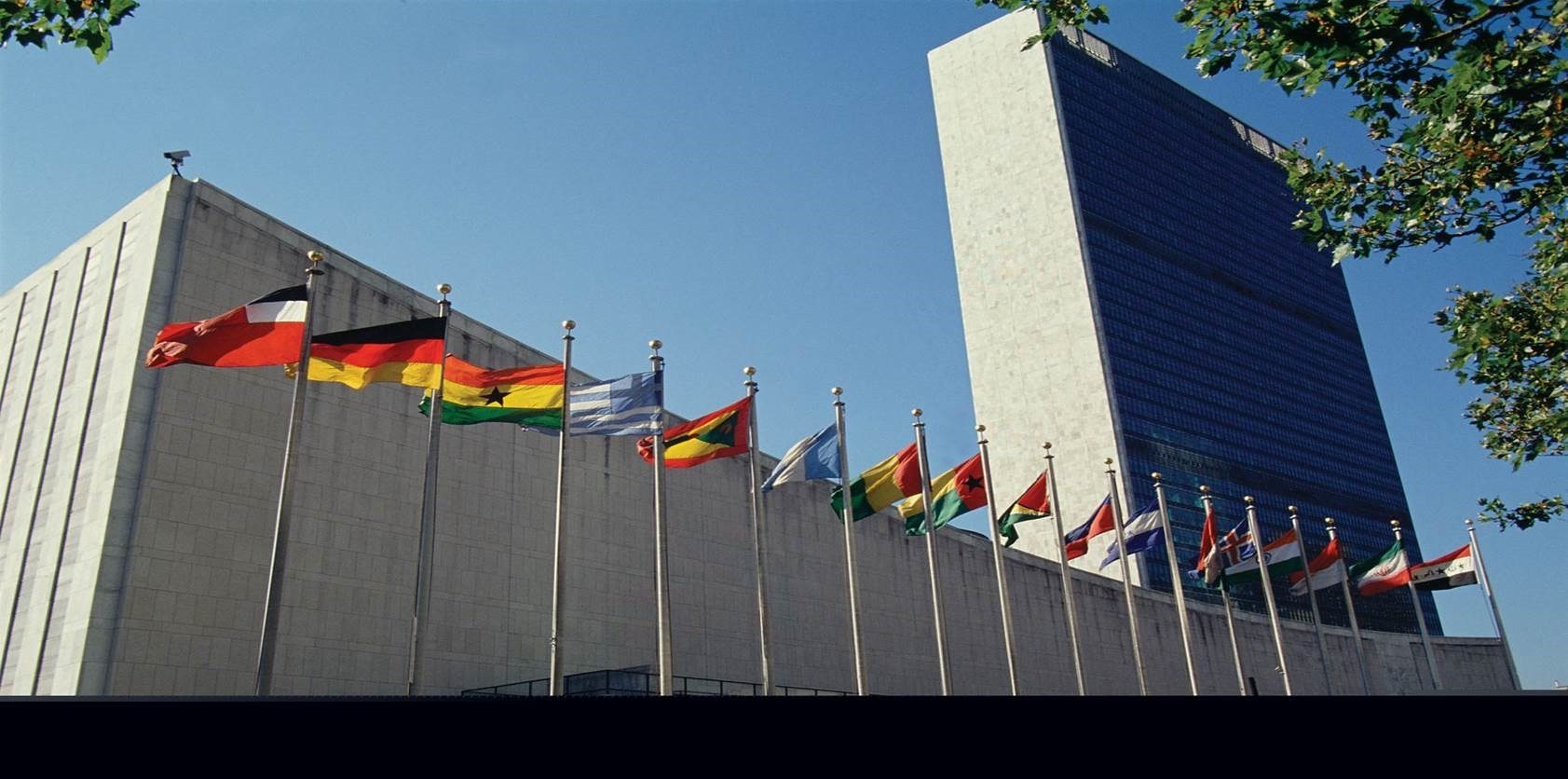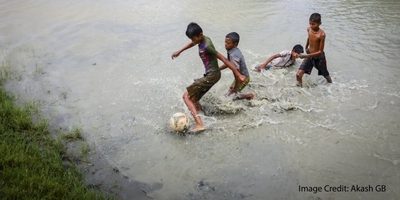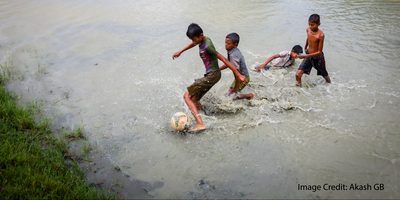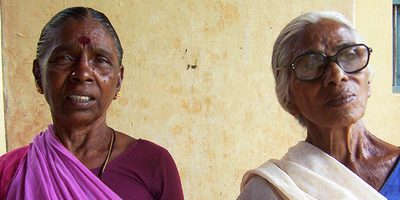Falls are a growing and under-recognised public health issue globally. Every year more than 684,000 people die as a result of a fall, the majority of them in low- and middle-income countries. An additional 172 million people are left with short- or long-term disability.
To address the huge global burden caused by falls, the World Health Organization (WHO) has released a new report, Step safely: Strategies for preventing and managing falls across the life-course. The report urges governments, health professionals and practitioners to take urgent action to implement the recommendations.
Contributors to Step safely from UNSW School of Population Health, and The George Institute for Global Health, welcomed the report as a global milestone to drive much-needed action, and called for countries to implement the recommendations so they can have a real impact on lives.
Co-editor of Step safely and co-author of the evidence synthesis that informed the report, Professor Rebecca Ivers, Head of the UNSW School of Population Health and Founding Director of the WHO Collaborating Centre (CC) for Injury Prevention and Trauma Care, said:
“Falls prevention is not something that can be tackled as a one-off health issue or in silos – it requires a life-course approach. Whether you are a child or an older person, no matter where you live, you have a right to the best chance of not being injured and having a healthy life. Step safely outlines an evidence-based path to this approach.”
Step safely was developed in response to the need for evidence-based strategies to prevent and manage falls, and is suitable for practitioners, program managers and decision-makers whose portfolios may affect falls outcomes.
According to the WHO, globally, falls result in more years lived with disability than road traffic injury, poisoning, drowning and burns combined. Contributing factors to falls, such as ageing populations, increased urbanisation and sedentary lifestyles, mean that rates of fall-related injury are predicted to drastically rise in the coming decade.
Dr Margie Peden, Head of the Global Injury Program at The George Institute for Global Health, and Co-Director of the WHO CC for Injury Prevention and Trauma Care said:
“If we are to make progress towards the United Nations SDGs and improve health and reduce health inequity, then we need evidence-based global action to reduce the growing harm that results from falls. The WHO Step safely package is a ‘step’ in the right direction but needs to be supported by multi-country implementation studies to better understand context specific priorities and which of the recommendations will have the greatest impact.”
Step safely was launched on 27 April by the WHO at a special event with a panel discussion featuring leading global injury prevention experts.
Speaking at the event, expert panel member Dr Olive Kobusingye, Senior Research Fellow, Makerere University School of Public Health, Uganda and Distinguished Fellow, The George Institute for Global Health, said:
“The lack of organised emergency medical service systems to respond to falls, and of rehab systems in both rural and urban settings, means that patients that suffer falls tend to slip through the cracks - we need to do more sensitisation within the healthcare system and communities so people that suffer falls can get the appropriate care. This includes implementing policies, laws and regulations to prevent falls – especially for safer urban housing and safer workplaces.”
Falls are the second leading cause of unintentional injury deaths worldwide, second only to road traffic injury.
Co-editor of Step safely and co-author of the evidence synthesis that informed the report, Melanie Andersen, Research Fellow at UNSW School of Population Health, presented the findings at the launch event. She said:
“The burden of falls is not equitably distributed. Step safely is based on research evidence, though research is scant about preventing falls in some groups like those working in high risk occupations. Where this is the case, Step safely also takes a pragmatic approach to recommend best practice approaches.”
The report reflects the growing evidence and awareness that many falls are preventable and that prevention efforts are effective.
In 2016, the WHO commissioned researchers from the WHO CC for Injury Prevention and Trauma Care at The George Institute for Global Health and UNSW School of Population Health to conduct a review of high-quality global evidence on falls prevention. The Evidence Synthesis report, along with a global end-user survey and extensive input from global falls experts, formed the background to Step safely: strategies for preventing and managing falls across the life-course, to which the researchers were also major contributors.
The George Institute for Global Health is a designated WHO Collaborating Centre for Injury Prevention and Trauma Care.
Find more information and the Evidence Synthesis here

































